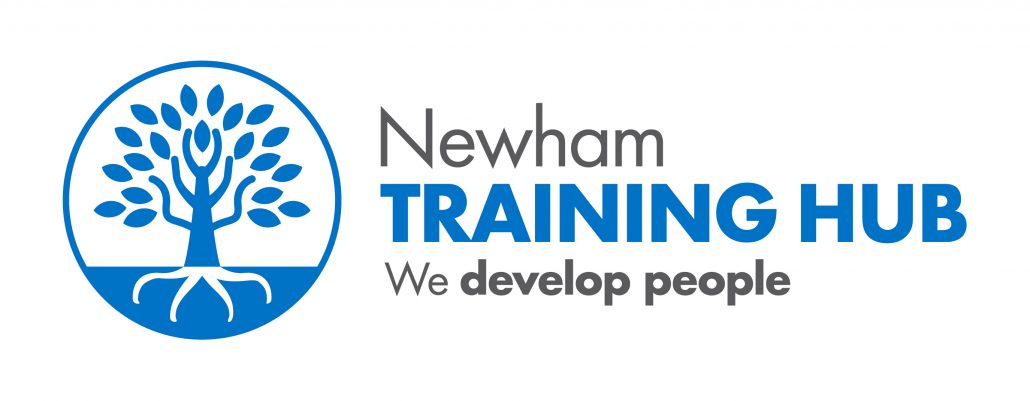First Contact Physiotherapists can assess, diagnose, treat and manage musculoskeletal (MSK) problems and discharge a person without a medical referral. Those working in these roles within a network can be accessed through direct referral by staff in GP Practices.
First Contact Physiotherapists (FCPs) are qualified autonomous clinical practitioners who can assess, diagnose, treat and manage musculoskeletal (MSK) problems and undifferentiated conditions and – where appropriate – discharge a person without a medical referral. FCPs working in this role can be accessed directly by self-referral or by staff in GP practices who can direct patients to them to establish a rapid and accurate diagnosis and management plan to streamline pathways of care.
For more information: https://www.e-lfh.org.uk/wp-content/uploads/2020/10/First-Contact-Physiotherapists.pdf
Meet our first contact physiotherapist, working alongside GPs to meet patients’ needs.
Click HERE for the Job Description Template
| Key roles and responsibilities | Education and training requirements |
Recommended minimum supervision |
|
Educated to undergraduate degree in physiotherapy level
Master’s level qualification or equivalent Registered with the Health and Care Professions Council (HCPC) Demonstrates working at education (master’s) Level 7 with competence and capability in MSK-related areas of practice (or equivalent) |
Expected to work independently without day-to-day supervision
Should have access to monthly supervision from an appropriate clinician, e.g. GP, consultant practitioner, advanced practitioner |
What the role will do
- Assess, diagnose, triage and manage patients
- Manage a complex caseload (including patients with long-term conditions, comorbidities and multi-factorial needs)
- Work as part of a multi-disciplinary team, creating stronger links for wider services
- Develop integrated, tailored care programmes together with patients
- Ensure care is proactive, preventive in focus and population based, with an emphasis on early intervention
- Support patients to be confident in their approach to selfmanagement
- Use a range of clinical skills which may include non-medical independent prescribing, joint / soft tissue injections, joint aspirations
- Request and progress investigations and referrals
- Manage interactions in complex situations, including with individuals with particular psychosocial and mental health needs and with colleagues across the primary care team, sectors and settings
- Provide learning opportunities for the whole multi professional team within primary care
- Work with MDT to develop effective, streamlined clinical pathways and services
Key benefits of the role
- Release of GP time through reallocating appointments for patients with MSK problems
- Reduced prescription costs
- Increased clinical leadership and service development capacity
- Support in meeting practice targets
- Reduced number of physiotherapy referrals into secondary care
- Prevention of short-term problems becoming long-term conditions
- Longer appointment times so patients feel listened to, cared for and reassured
